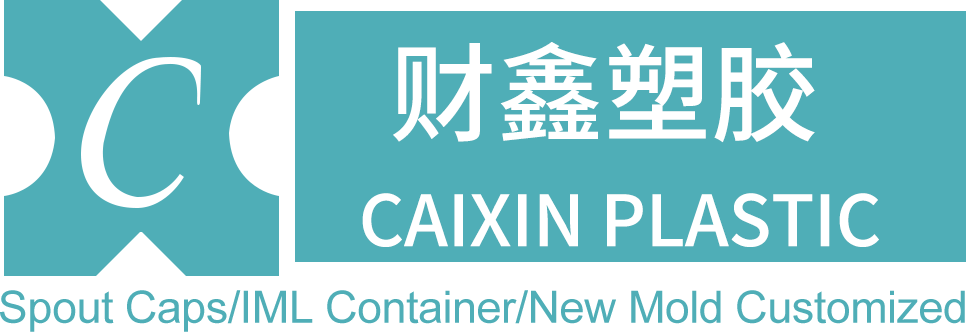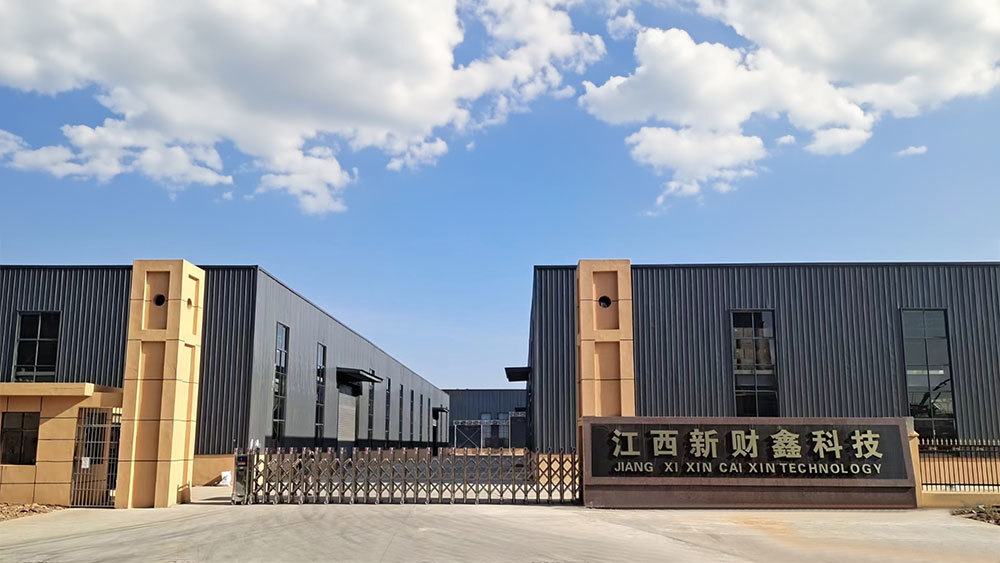Why Newest IML Plastic Food Containers Are Revolutionizing Food Packaging
2025-07-08 11:00
Why Newest IML Plastic Food Containers Are Revolutionizing Food Packaging
Table of Contents
- Introduction to IML Plastic Food Containers
- What is In-Mold Labeling (IML)?
- Benefits of IML Plastic Food Containers
- Sustainability and Environmental Impact
- Food Safety and Compliance with IML Containers
- Design and Customization Options
- How IML Impacts Consumer Preferences
- The Future of IML Plastic Food Containers
- FAQs
- Conclusion
Introduction to IML Plastic Food Containers
In the fast-paced world of food packaging, innovation plays a crucial role in meeting consumer demands for safety, sustainability, and eye-catching designs. The newest advancement in this field is **In-Mold Labeling (IML)**, a technique that is rapidly gaining traction among manufacturers and consumers alike. This article will delve into how IML plastic food containers are revolutionizing the industry, exploring their benefits, sustainability attributes, and future potential.
What is In-Mold Labeling (IML)?
**In-Mold Labeling (IML)** is a cutting-edge technology that integrates labels directly into the plastic molding process of food containers. Unlike traditional labeling methods, which apply stickers or tags after the container is formed, IML embeds the label within the container during its manufacturing. This process ensures that the label becomes part of the container itself, providing a durable and high-quality finish.
The technology involves placing a pre-printed label into a mold before injecting hot plastic. As the plastic cools and solidifies, the label adheres securely to the container's surface. This method not only enhances the aesthetic appeal of the product but also improves its functionality and durability.
Benefits of IML Plastic Food Containers
IML plastic food containers offer a multitude of benefits that set them apart from conventional packaging options. Some key advantages include:
1. Enhanced Durability
IML containers are more resistant to scratches, moisture, and chemicals compared to traditional labeled containers. The integration of the label during production eliminates the risk of peeling or fading, ensuring that the product maintains its visual appeal throughout its lifecycle.
2. Improved Shelf Life
The airtight seal achieved through the IML process can contribute to extended shelf life for perishable products. This is particularly important in the food industry, where freshness is crucial to consumer satisfaction.
3. More Attractive Designs
IML technology allows for high-resolution graphics and vibrant colors that can significantly enhance the container's visual appeal. Brands can showcase their products more effectively, attracting consumers' attention on crowded store shelves.
4. Cost Efficiency
While the initial setup for IML may be higher than traditional methods, the long-term savings in labeling costs, reduced waste, and improved product durability can lead to substantial cost efficiency for manufacturers.
5. Versatile Applications
IML containers are suitable for a wide range of food products, including sauces, dairy items, and ready-to-eat meals. Their versatility makes them an ideal choice for various segments of the food industry.
Sustainability and Environmental Impact
Sustainability has become a major concern for consumers and businesses alike, leading to increased demand for eco-friendly packaging solutions. IML plastic food containers address these concerns in several ways:
1. Reduced Material Waste
IML technology minimizes material waste by integrating the label during the molding process, eliminating the need for additional labels that would otherwise be discarded.
2. Recyclability
Many IML containers are made from recyclable plastics, allowing consumers to participate in environmentally responsible practices. This feature aligns well with the growing trend towards a circular economy in packaging.
3. Lower Carbon Footprint
The efficient manufacturing process of IML reduces energy consumption and carbon emissions compared to traditional labeling methods, contributing to a smaller overall carbon footprint for food packaging.
Food Safety and Compliance with IML Containers
Food safety is paramount in the packaging industry, and IML plastic food containers meet stringent safety regulations.
1. FDA Compliance
IML containers can be produced using materials that comply with **FDA** regulations, ensuring they are safe for direct food contact. This compliance is crucial for manufacturers looking to maintain consumer trust and adhere to legal standards.
2. Hygiene and Cleanliness
The manufacturing process of IML minimizes exposure to contaminants, maintaining a higher level of hygiene compared to traditional labeling methods. Furthermore, the smooth surface of IML containers makes them easier to clean and sanitize.
Design and Customization Options
The flexibility of IML technology enables manufacturers to create unique, customized designs that resonate with their target audience.
1. Full-Color Printing
IML allows for full-color printing on labels, which can include intricate designs, logos, and nutritional information. This capability provides brands with the opportunity to differentiate themselves in a competitive marketplace.
2. Unique Shapes and Sizes
Manufacturers can produce IML containers in various shapes and sizes, catering to different product specifications and consumer preferences. This adaptability is particularly beneficial for brands looking to create unique packaging solutions for their products.
How IML Impacts Consumer Preferences
As consumers become more discerning about their food choices, packaging plays a crucial role in their purchasing decisions.
1. Visual Appeal
The vibrant graphics and appealing designs of IML containers capture consumers' attention, making products stand out on shelves. This visual appeal can significantly influence buying behavior.
2. Transparency and Information
Consumers are increasingly seeking transparency in food labeling. IML technology enables manufacturers to present clear, informative labels that include ingredient lists, nutritional information, and usage instructions, helping consumers make informed choices.
3. Eco-Conscious Choices
With a growing focus on sustainability, consumers are more likely to choose products presented in eco-friendly packaging. The recyclable nature of IML containers resonates well with environmentally conscious buyers.
The Future of IML Plastic Food Containers
The future of IML plastic food containers looks promising, with several emerging trends shaping the landscape:
1. Innovations in Technology
As technology continues to advance, improvements in IML processes will likely lead to even better quality and cost-effective solutions for manufacturers.
2. Increased Adoption Across Industries
The versatility and benefits of IML containers are likely to encourage their adoption across various sectors, including snacks, beverages, and frozen foods, broadening their market reach.
3. Continuous Focus on Sustainability
With consumer preferences leaning towards sustainable practices, the development of biodegradable and compostable IML materials may become a focal point for manufacturers in the years to come.
FAQs
1. What are the main advantages of IML plastic food containers?
IML containers offer durability, improved shelf life, attractive designs, cost efficiency, and versatility for various food products.
2. Are IML containers environmentally friendly?
Yes, IML containers reduce waste, can be made from recyclable materials, and have a lower carbon footprint compared to traditional packaging methods.
3. How do IML containers ensure food safety?
IML containers can be produced with FDA-compliant materials, minimizing contamination risks during manufacturing.
4. Can IML technology be used for all types of food products?
Yes, IML technology is suitable for various food items, including sauces, dairy products, and ready-to-eat meals.
5. What is the future outlook for IML plastic food containers?
The future looks promising, with advancements in technology, increased adoption across industries, and a focus on sustainability driving the growth of IML containers.
Conclusion
The introduction of **In-Mold Labeling (IML)** technology in the realm of plastic food containers is revolutionizing the food packaging industry. With its myriad benefits, including enhanced durability, sustainability, and consumer appeal, IML containers are paving the way for a new standard in food packaging. As the industry continues to evolve, embracing innovations like IML will be crucial for manufacturers aiming to meet consumer demands and environmental expectations. The future of food packaging is undoubtedly bright with IML at the forefront of this transformative journey.
recommend News

Guangdong Caixin Plastic Co., Ltd.
Fax: 86-754-83143323
Address:No.128, Chaoshan road, Jinping District, Shantou, Guangdong Province, China
Copyright©Guangdong Caixin Plastic Co., Ltd. SEO Powerde by:www.300.cn Privacy Policy
Business License


